Whey protein is a high-quality protein derived from milk that is commonly used by individuals looking to enhance their fitness, sports performance, and overall well-being. It is rich in essential amino acids, which are necessary for muscle repair and growth. As an indispensable supplement in the realm of health and wellness, whey protein supports various bodily functions including immune support, weight management, and improved metabolic rates.
The collection of whey protein products for sale offers a diverse range tailored to meet different health and wellness goals. These products come in several formulations, such as isolate, concentrate, and hydrolysate, each providing unique benefits. For those aiming to build lean muscle mass or recover quickly after post-workouts, the isolate formula stands out due to its high protein content with low fats and carbohydrates. This makes it ideal for consumption post-exercise when muscles need rapid nourishment. whey protein features pre-digested proteins for faster absorption, making it an excellent choice for those needing immediate nutrient delivery following strenuous physical activity or those with sensitive digestive systems.
Moreover, these products are available in multiple flavours catering to different taste preferences while maintaining low sugar content which aids in weight management efforts. By seamlessly integrating this versatile supplement into your daily routine you can boost your nutritional intake contributing significantly towards achieving your personal health objectives whether they are centreed around fitness endurance recovery or general well-being
If you're looking for a detailed review, check out the Optimum Nutrition Whey Protein Review to see how this product stands out in the competitive world of sports supplements.



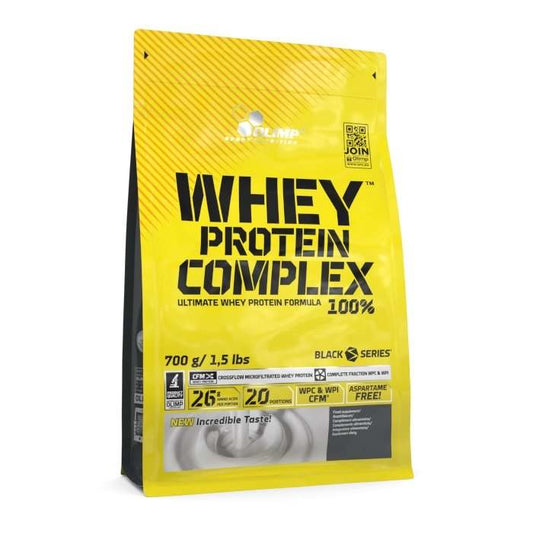


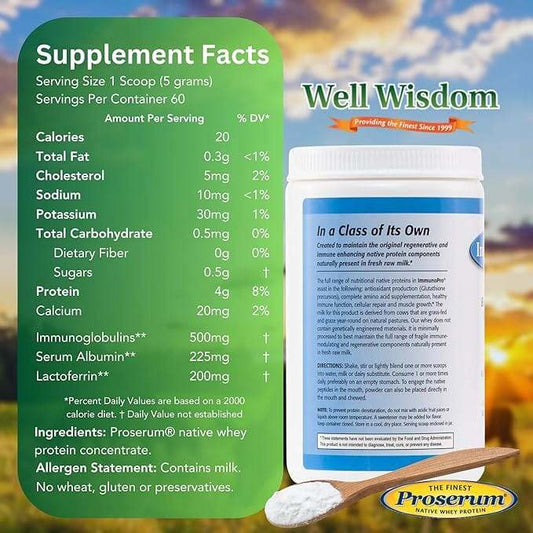


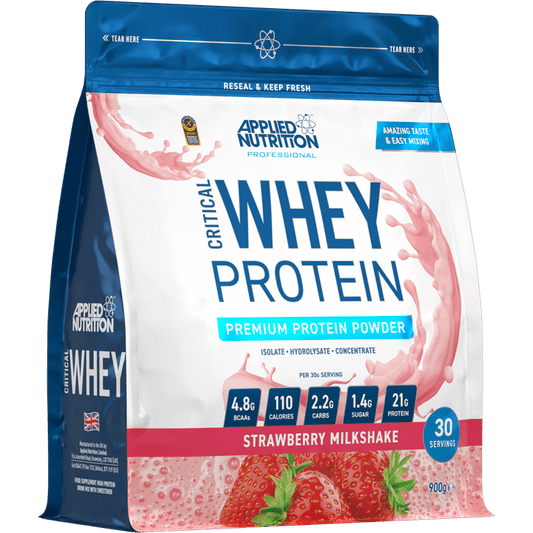

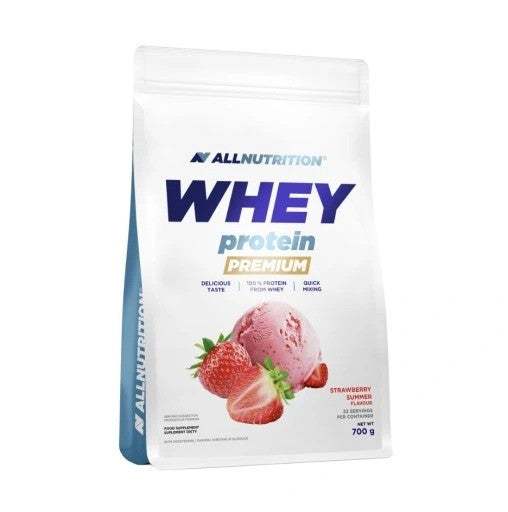

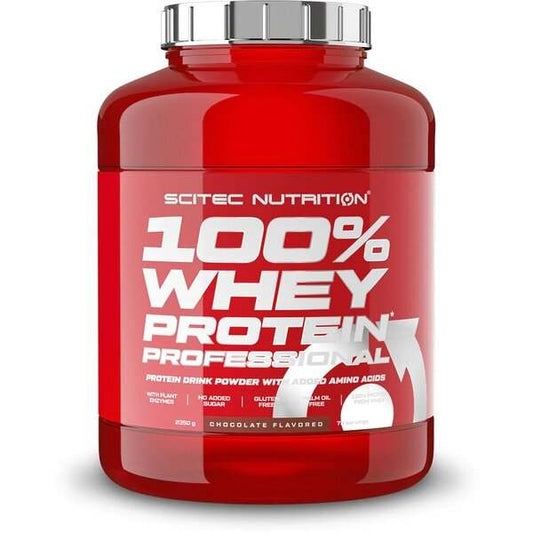





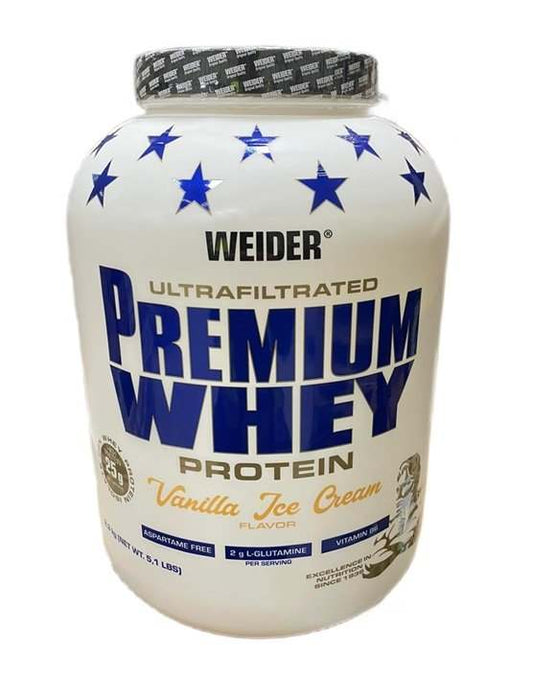

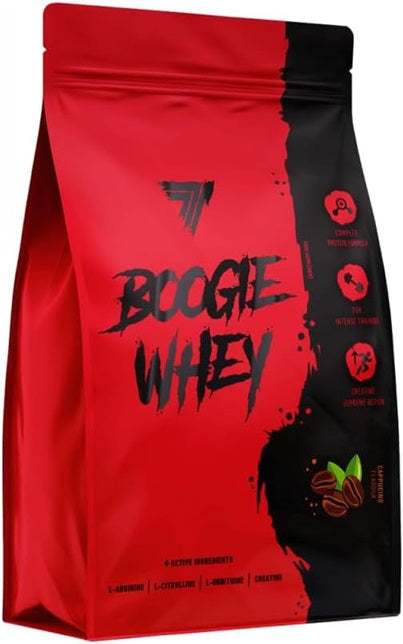

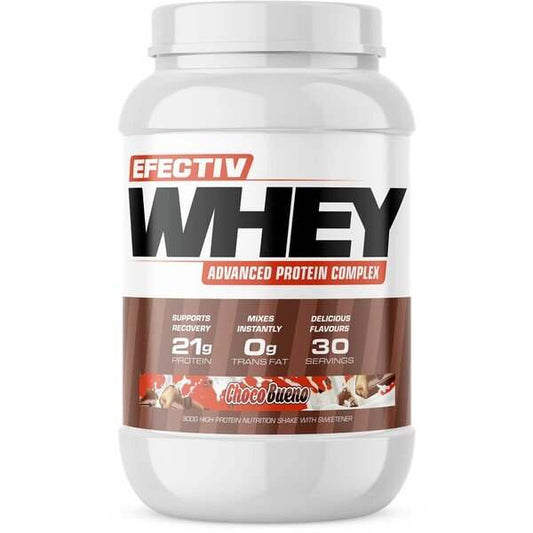

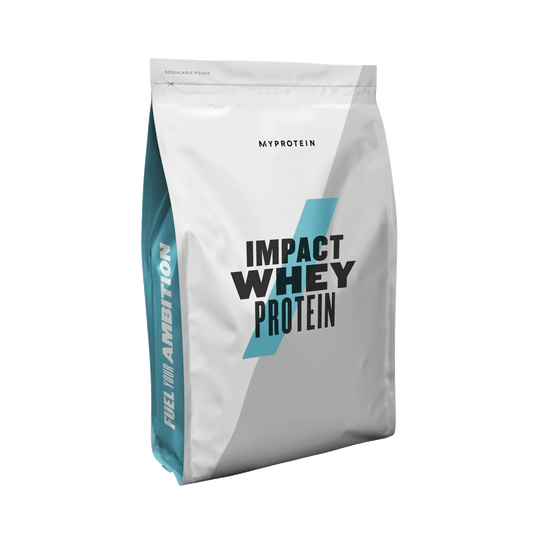

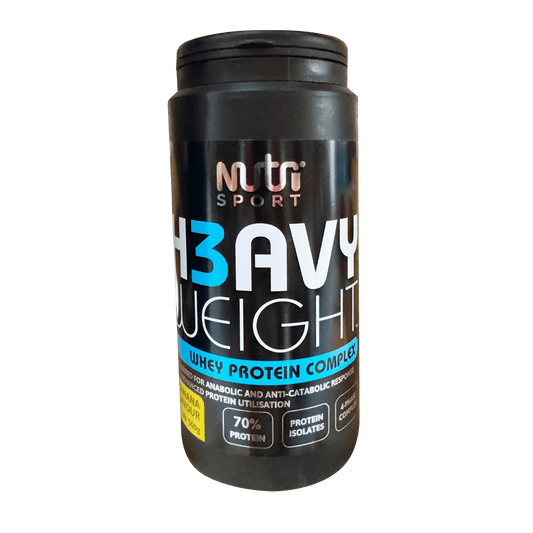






 Rated Excellent by 26,523+ Reviews
Rated Excellent by 26,523+ Reviews